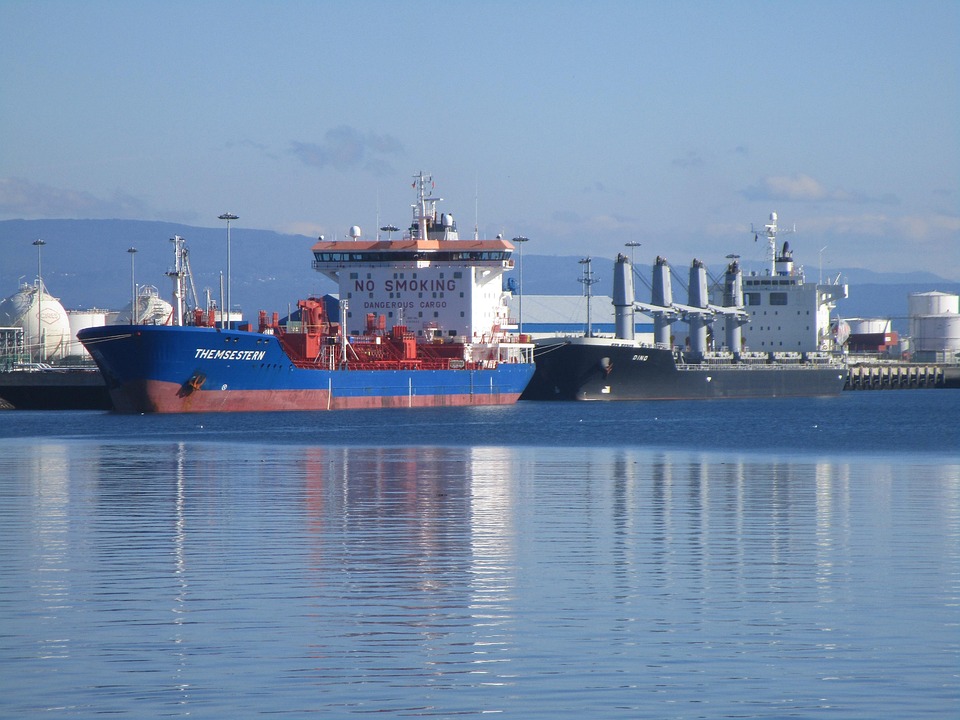
What special certifications are required for mold exports?
According to the 2025 latest Electromechanical Product Export Management Measures, the following qualification requirements require special attention for mold exports:
- Mandatory certification: Exports to the EU require CE certification (EN 12100 Machinery Safety Standard)
- Material certification: Material certificates including steel grades (must comply with the environmental regulations of the importing country)
- Special process declaration: Molds involving heat treatment or surface treatment require process parameter documentation
- Intellectual property filing: Molds with customer logos require trademark usage authorization letters
How to determine HS code classification for molds?
Mold classification directly affects tariff rates andExport tax refundproportions. A three-step confirmation method is recommended:
- Step 1: Distinguish by material
- Steel molds fall under 8207 series (2025 tax rebate rate is 13%)
- Carbide molds fall under 8209 series (tax rebate rate 9%)
- Step 2: Subdivide by usage
- Plastic molding molds 8207.30
- Metal casting molds 8207.40
- Step 3: Pre-classification application
- It is recommended to conduct commodity pre-classification through the Customs Electronic Port (processing time reduced to 3 working days)
MoldExport customs clearanceProvide equipment disassembly/packing guidance services
Based on analysis of mold export dispute cases from the past three years, the following risks require special attention:
- Packaging declaration: Wooden packaging must provide IPPC marks (2025 adds electronic verification of fumigation certificates)
- Mold condition description:
- New molds must declare actual transaction prices
- Repaired/re-exported molds must note original export customs declaration numbers
- Technical parameter filing: Molds involving dual-use items control (such as those usable for military product manufacturing) require prior export license application
Agency export,What core services are included?
Professional agency companies should provide end-to-end services, specifically including:
- Commercial compliance review: Verify if trading parties are on OFAC sanctions list
- Logistics plan design:
- Precision molds are recommended to use constant temperature and humidity containers
- Overweight molds (>20 tons) require prior application for port special equipment
- Certificate management: Including but not limited to:
- Consistency check between proforma invoice (PI) and commercial invoice (CI)
- Smart CO (Certificate of Origin) application system integration
How to maximize cost savings for mold exports?
According to 2025Export tax refundNew policy allows adopting the following combination strategies:
- Tax optimization solutions:
- By adopting the "productive foreign trade comprehensive service" model, the overall tax burden can be reduced by 2-3 percentage points.
- Utilize RCEP origin accumulation rules to lower tariff costs
- Control of logistics costs:
- For bulk exports, LCL (Less than Container Load) dedicated routes are recommended (15% freight reduction from East China to Southeast Asia)
- Purchasing "Full Process Transportation Insurance" can reduce cargo damage disputes.
How to handle quality disputes for exported molds?
Its recommended to specify the following clauses in agency agreements:
- Acceptance criteria agreement: Refer to ISO 8062-3 dimensional tolerance standards
- Dispute resolution mechanism:
- Preferably choose Singapore International Arbitration Centre (SIAC)
- Specify application of the United Nations Convention on Contracts for the International Sale of Goods
- Quality guarantee deposit clause: Recommend retaining 10% of contract amount as guarantee deposit (retention period no less than 1/3 of mold service life)


 Follow Customer Service WeChat
Follow Customer Service WeChat